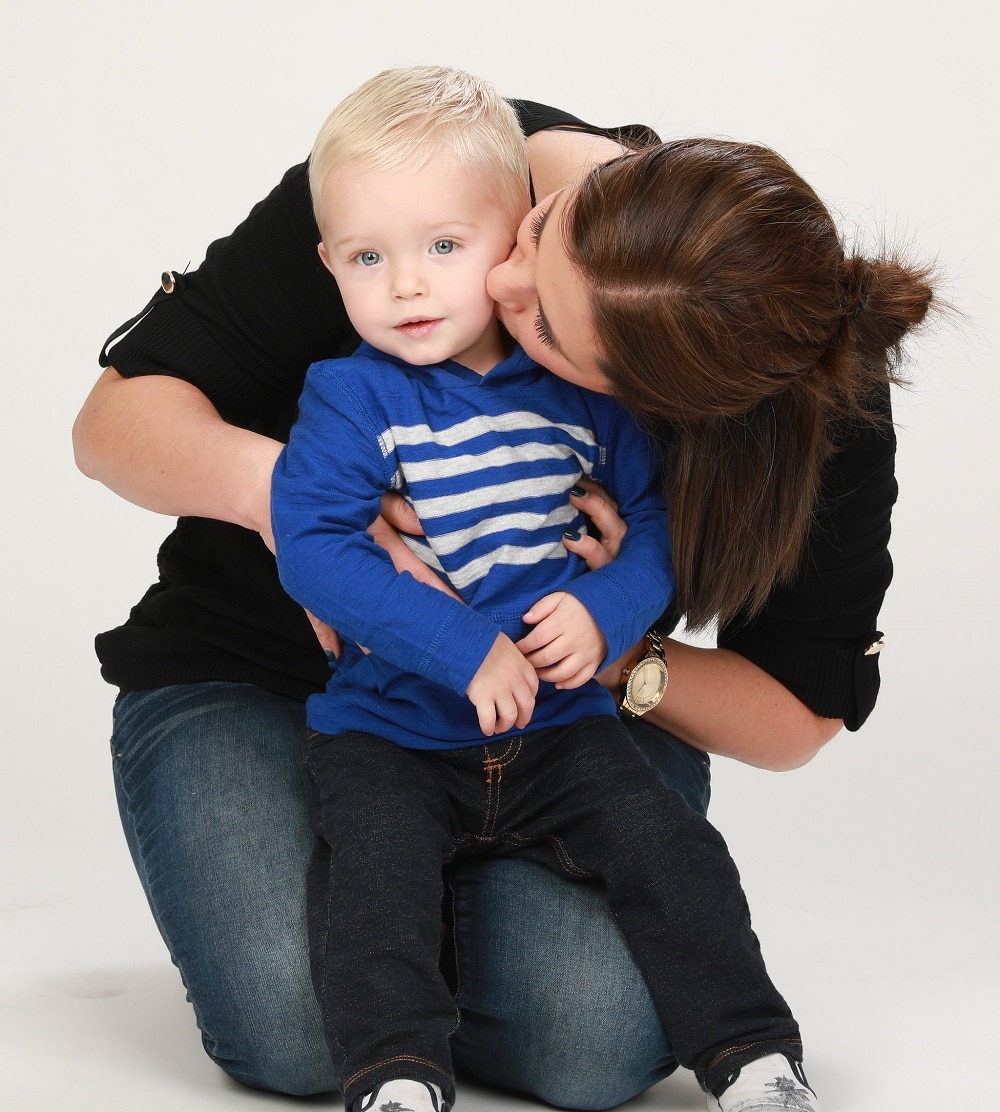Solace Blog
- Activities19
- Autism & Behavioral4
- Community154
- Early Intervention71
- Events & Giving Back20
- Extraordinary Kids22
- Family Caregiver4
- Home Care Therapy60
- News94
- Parent Articles83
- Patient Testimonial21
- Pediatric Therapy77
- Pediatric Therapy Career46
- Private Duty Nursing1
- School-Based Services1
- Telehealth Therapy27
- Tips & Advice66
Summer Reading List: Books to Inspire Therapist Growth
Cooling Off with Aquatic Therapy: Benefits and Best Practices
Sensory Activities For Kids

From School To Home: Christian’s Shift To Impactful Therapy
Speak, Listen, Connect: 6 Communication Strategies for Therapists

Easy Ways to Encourage Speech and Language Development at Home
As with most developmental milestones, the age at which kids start cooing and talking varies greatly. Some babies babble when they are just a few weeks old, whereas others wait a bit longer before they make their first sounds (learn more about speech therapy offered in your own home). On average, by the time a toddler is 18 months old, he/she should be able to say about 20 words. Delayed or not, parent involvement plays a huge role in encouraging the speech and language development in children. Here are a few ways to foster the foundation for a great vocabulary in your child:
1.) Engage With Your Child: Perhaps the biggest and most important thing to encourage speech and language development in your child is to communicate! Even when they are an infant and cannot respond, communication is key. Talk to your child, sing them songs and encourage the imitation of sounds and gestures. Early sounds that are typically easier for a child to imitate include “ba,” “ma,” “pa,” “da,” and “na”. Once they are a little bit older, clap hands and make a game out of making animals sounds (cat, cow, etc.)
2.) Read: Reading to your child does amazing things to his/her brain. Children who are read to are exposed to a larger vocabulary and more complex sentences than the short phrases we tend to use in communicating with kids. As your child is read to, he/she listens to the language to understand the meaning, but also pays attention to the inflection and sounds used in language. When reading with your child, go beyond just the story; describe and talk about the pictures, and have older children point to and identify common objects in the picture.
3.) Offer Your Child Choices: Choices are a part of everyday life, and offering kids options encourages deep thinking and vocalization. Additionally, toddlers or kids that are given choices feel empowered knowing that they have some control and their input matters. When kids are younger, encourage them to use their words by asking simple questions that require a one words answer. Questions like “do you want to play with the doll or the truck?” or “would you like an apple or an orange for snack?” are great places to start when offering options. As the child gets older, move to more open-ended questions like “what are you looking forward to doing at school today?”
4.) Imaginative Play: Playing pretend with your child can have a huge impact on their speech and language development, as it encourages the brain to be creative and forces kids to communicate with both play and words. The options for creative play are endless, but dolls, puzzles, and animals all offer lots of possibilities. If your child likes dolls, have the doll do different actions such as sleeping or eating, and have your child tell you what they’re doing and then take a turn themselves making the doll do something. Use puzzles to encourage critical thinking and help communicate why a piece might fit in a certain spot. For animals, practice giving your child commands such as “put the cow in the farm with his friends” to foster an understanding of simple commands.
5.) Talk to Them About the World Around Them: As you drive in the car, walk through your neighborhood or watch TV together, talk to your child about the world around them. When in the car, point out street signs, stores and different people out the window. Make a game out of it, and ask your child what he/she sees. Take a stroll down the block and use descriptive words as you point stuff out, such as “look at the green grass,” or “the warm sun feels so good on my back!” As you’re watching television together, encourage dialogue about what is going on within the story and what might happen next.
Share this Post